Closed For COVID-19: Door County Asks Visitors To Stay Away
At the time, it seemed almost absurd. During an emergency meeting of the Sister Bay Village Board of Trustees on March 16, 2020, trustee Rob Zoschke leaned back in his chair and asked bluntly: "Should we be telling resorts to close down and not accept reservations and cancel existing ones?"
April 3, 2020
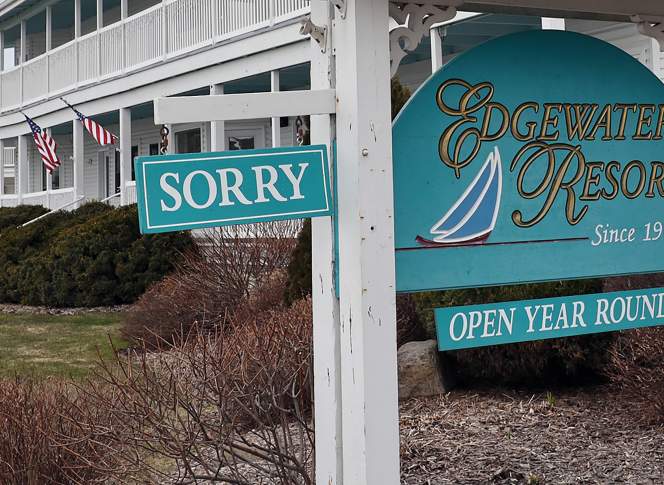
Edgewater Resort in Ephraim with "Sorry" sign crop

At the time, it seemed almost absurd. During an emergency meeting of the Sister Bay Village Board of Trustees on March 16, 2020, trustee Rob Zoschke leaned back in his chair and asked bluntly: “Should we be telling resorts to close down and not accept reservations and cancel existing ones?”
In northern Door County, where tourism isn’t just an industry but the only industry, the question silenced the room. The roughly 70-mile-long peninsula jutting into Lake Michigan is a Midwest vacation destination that draws about 2.5 million visitors a year from Chicago, Milwaukee, Madison and Minneapolis, mostly between June and November.
Many of Door County’s 27,668 permanent residents are employed in tourism-related industries, from the bartenders and waitresses to the carpenters building vacation homes along its 298 miles of shoreline.
Here, saying no to visitors is saying no to their own economy.
Sister Bay’s board ultimately decided not to make a statement, but the following morning, Zoschke, general manager of the Yacht Club at Sister Bay, announced his resort and marina on Lake Michigan was taking no more reservations. A few hours later, the once unthinkable was official county policy, as the Door County government sent a message statewide encouraging visitors not to come to the peninsula.
“The county is asking lodging entities to consider reducing the risk to our neighbors by not accepting new reservations and canceling those that exist to encourage people to temporarily not travel to the area,” read the press release. “The sooner we address this issue in Door County, the sooner we can get back to welcoming guests to our peninsula again.”
Door County joins a long list of vacation spots around Wisconsin and the country — ranging from Key West, Fla. to northern Michigan — that are rolling up the welcome mat, asking visitors and part-time residents to stay away until the COVID-19 pandemic subsides. In Door County, some worry that the older population and the lack of medical facilities could make an outbreak particularly deadly.
“We were looking for the state or federal government to do something,” said Dave Lienau, chairman of the Door County Board and president of the village of Sister Bay.
But with little direction coming from above, Lienau felt the county had to project a sense of urgency to its residents — and to protect them. “We were looking for something we could do to try to prevent the spread and at least slow it down. It was a difficult thing to do.”
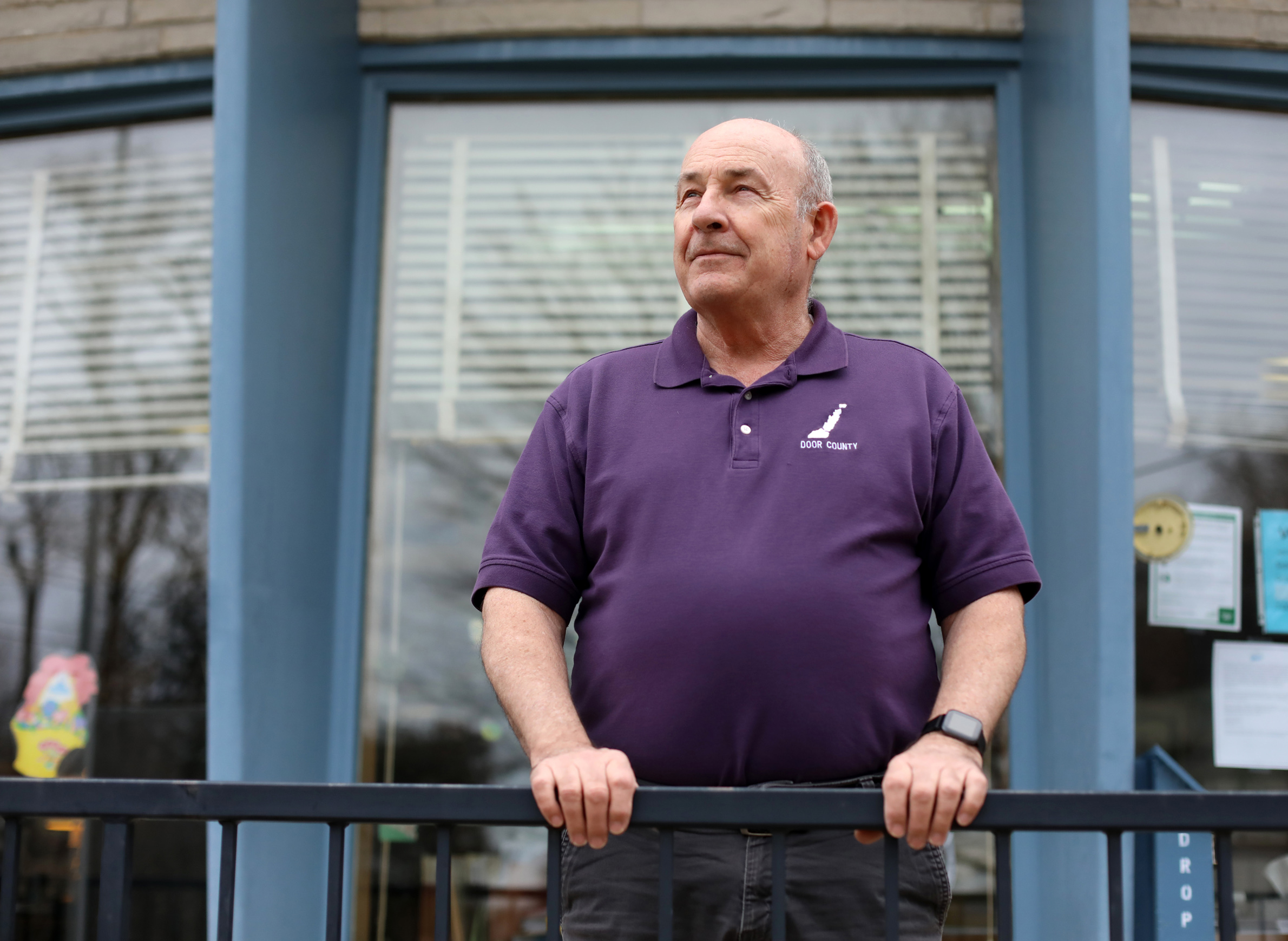
Residents had already witnessed an influx of people renting vacation homes and opening up cabins months earlier than usual. At least 420 second-home owners and their families have moved to the county to open up cabins and summer homes months earlier than normal, according to postal counts. Some had taken up a hobby of counting Illinois license plates at grocery stores and restaurants.
Jack Moneypenny, president and CEO of Destination Door County, the local tourism bureau, said he agrees with county officials but would prefer a gentler message: Please avoid non-essential travel.
“If you’re coming up here to sit in a cabin by a lake, that is non-essential travel,” said Moneypenny, whose organization spends about $2.5 million a year in room taxes to promote Door County.
Lars Johnson, owner of Al Johnson’s Swedish Restaurant, said he agrees “100 percent” with the county’s decision to warn away travelers. The restaurant in Sister Bay is known for the goats that graze each summer on its sod roof.

During the pandemic, Al Johnson’s has switched from sit-down meals to curbside pick-up. And the 70-year-old family-owned establishment is enjoying “brisk” online business selling its signature Swedish pancake mix, wild lingonberries and other products.
“In a perfect world, we’ll be open by Memorial Day,” Johnson said. “If we all do what we’re supposed to do, we’ll all reach that goal.”
Second advisory goes out
On March 23, the county sent a second advisory specifically to seasonal and second home-owners encouraging them to stay home as well, this time emphasizing the limited health care resources on the peninsula. The next day, Gov. Tony Evers issued a statewide “safer at home” order, shuttering all but essential activities across Wisconsin.
“Door County has well trained and capable medical personnel, but staffing is limited and stretched thin during this emergency,” the release stated.
In Facebook groups and in bars, some locals took it a step further, ranting about second home-owners who descended on the peninsula to hunker down while cities including Milwaukee and Chicago struggled to slow the spread of the novel coronavirus.
“For the love of God people, stay in your own home!” tweeted Tami Dal Santo, the general manager of the Diplomat Bed and Breakfast in Sturgeon Bay. “I have been getting phone calls and emails from people from different cities and states who wanted to ‘get away’ in Door County and do I have any available rooms? Seriously?”
“I have had customers tell me ‘If we have to be quarantined we would rather do it in Door County,'” said Kari Baumann, who runs the Baileys 57 gas station at the southern entrance to Baileys Harbor. “I’m scared for our older generation right now.”
Raise the bridge
In a county that has spent decades building a reputation for welcoming visitors, the virus has brought strange times.
A few residents implored county leaders to literally raise the drawbridge in Sturgeon Bay, which would cut off Wisconsin’s “thumb” from the rest of the state. Absent a specific emergency, like the propane explosion that devastated Ellison Bay in 2006, a local municipality or county government would not have the authority to close off the peninsula’s main artery, State Highway 42/57, said Randy Nesbitt, an attorney who advises local municipalities in the area.
Initially, visitors and second home-owners were lured, in part, by reports from the department of public health that Door County was at low risk for the virus. For residents of cramped cities with shuttered amenities, the thought of spending the lockdown in proximity to Door County’s five state parks, miles of white sand beaches and open spaces is particularly enticing.
Kaaren Northrop, owner of Main Street Market in Egg Harbor, said the full-service grocery, which features local specialty items, has switched to pick-up only to keep its employees and customers safe.
Normally, Northrop said, her part of Door County is a “ghost town” in March. This year, she and her staff are running ragged filling grocery orders. But she does not blame part-time residents for flocking back early this year.
“If I had a second home in Door County, and my main home is in Chicago — I would’ve come in a flash,” Northrop said. “Those people have the same right to be here as anyone else.”
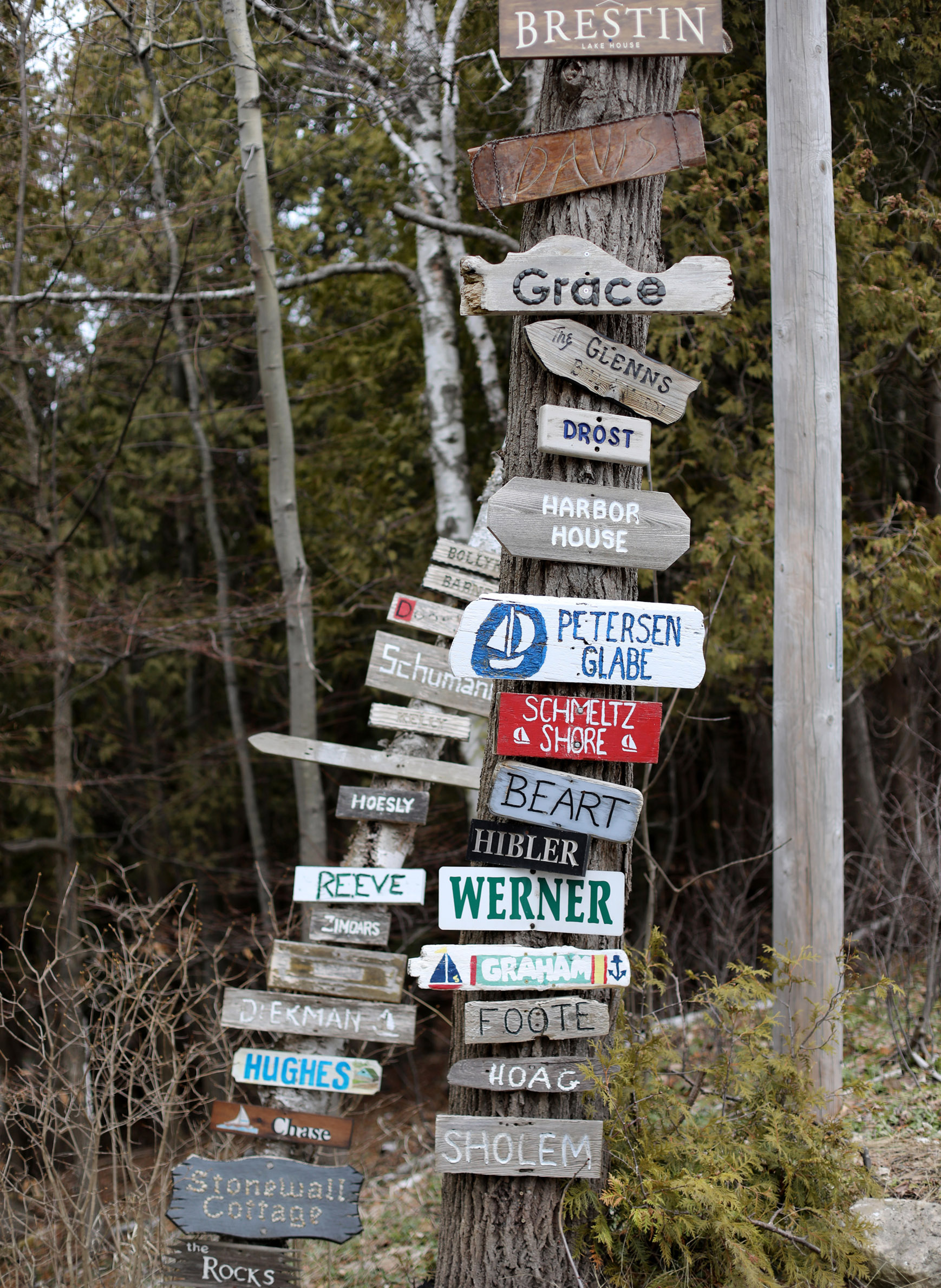
One vacation home-owner who asked not to be named said he’d like to retreat to his home in Ellison Bay, but feared a backlash.
“I don’t think I have the virus, but even if I don’t, I’m going to get blamed for bringing it up there,” he said.
On April 2, Door County reported its second case of COVID-19.
Too much business?
Returning homeowners also bring fresh burdens to communities operating on winter rations. Northern Door County grocery stores get just two trucks a week this time of year, and the winter workforce is a shell of the robust staff levels of July. For Jay Kita at the Piggly Wiggly, it has meant a race just to stock his shelves.
“We’re getting bombarded,” Kita told the Sister Bay Village Board. “We’re working hard, but we can’t keep up.”
He even sent his son on a run to Milwaukee to pick up a trailer full of toilet paper after shoppers had picked the store clean.
As homeowners descend on the county to move into empty homes, they hit small-town grocers to stock up on a month’s worth of supplies, clearing stores out of bread, yeast for baking and sanitizer. But the biggest fear is not scarce groceries.
“This isn’t about money, this is about your friends, your neighbors, your relatives and your potential visitors,” Door County Board chair Dave Lienau said. “Health issues are more important than potential dollars at this point.”
For residents here, where the population skews heavily toward the age cohort most vulnerable to the virus, there’s a fear of catastrophe. According to 2019 census estimates, 29.8 percent of the county’s population is over the age of 65 — nearly twice the proportion found in the state as a whole.
An island afraid
Then there’s Washington Island.
Richard Tobey is town chairman of the 23-square-mile island located a 30-minute ferry ride across Death’s Door off the tip of the peninsula. Like the rest of Door County, many of the island’s year-round residents are retirees, Tobey said.
Although its stated population is 708, locals say that number is probably closer to 500 in March. That’s 500 people reliant on ferries to get off the island, or to bring supplies to grocery stores, restaurants and the clinic.
“The clinic can’t handle any acute cases of coronavirus, or anything for that matter,” Tobey said. “So there’s a fear of a lot of people coming up to increase pressure on those limited resources. There certainly were people calling me to say, ‘Shut it down.”
But town leaders quickly realized that was not an option. All of the island’s food comes by ferry, as well as mail, packages and medical supplies. Then there is the question of whether the town even has the legal right to stop people from coming in.
The Washington Island Ferry Line is a private business, but it’s governed by the Wisconsin Railroad Commission and regulated like a utility. On March 26, the ferry reduced its schedule to emergency and essential traffic only.
At a Sister Bay board meeting March 24, Sister Bay/Liberty Grove Fire Chief Chris Hecht broached that topic.
“We know of people who are here who are in [self] quarantine who have been all over the community, to the grocery store, hardware store,” he said. “What options do we have to force them to stay home?”

Door County Public Health Manager Sue Powers said violators could be reported to her department, and in an extreme case, a non-cooperative patient could be placed in jail to force them to quarantine.
Medical resources few
Door County might have been considered low risk due to its rural nature, but few places face such dramatic consequences if the virus were to spread.
The only emergency room is located at the Door County Medical Center in Sturgeon Bay, the county seat, population 8,958. That’s about an hour’s drive from the tip of the peninsula. In normal circumstances the medical center has no more than 25 hospital beds and a handful of ICU units, although it can add more beds under the present emergency declaration.
That does not mean it can easily add more staff.
“There’s only so many resources you have,” said Dr. Jim Heise, chief medical officer at Door County Medical Center. “I don’t care how big of a building you have, there’s only so many people to take care of patients. There’s only so much of any supply. So we need to be smart about this before that would happen.”
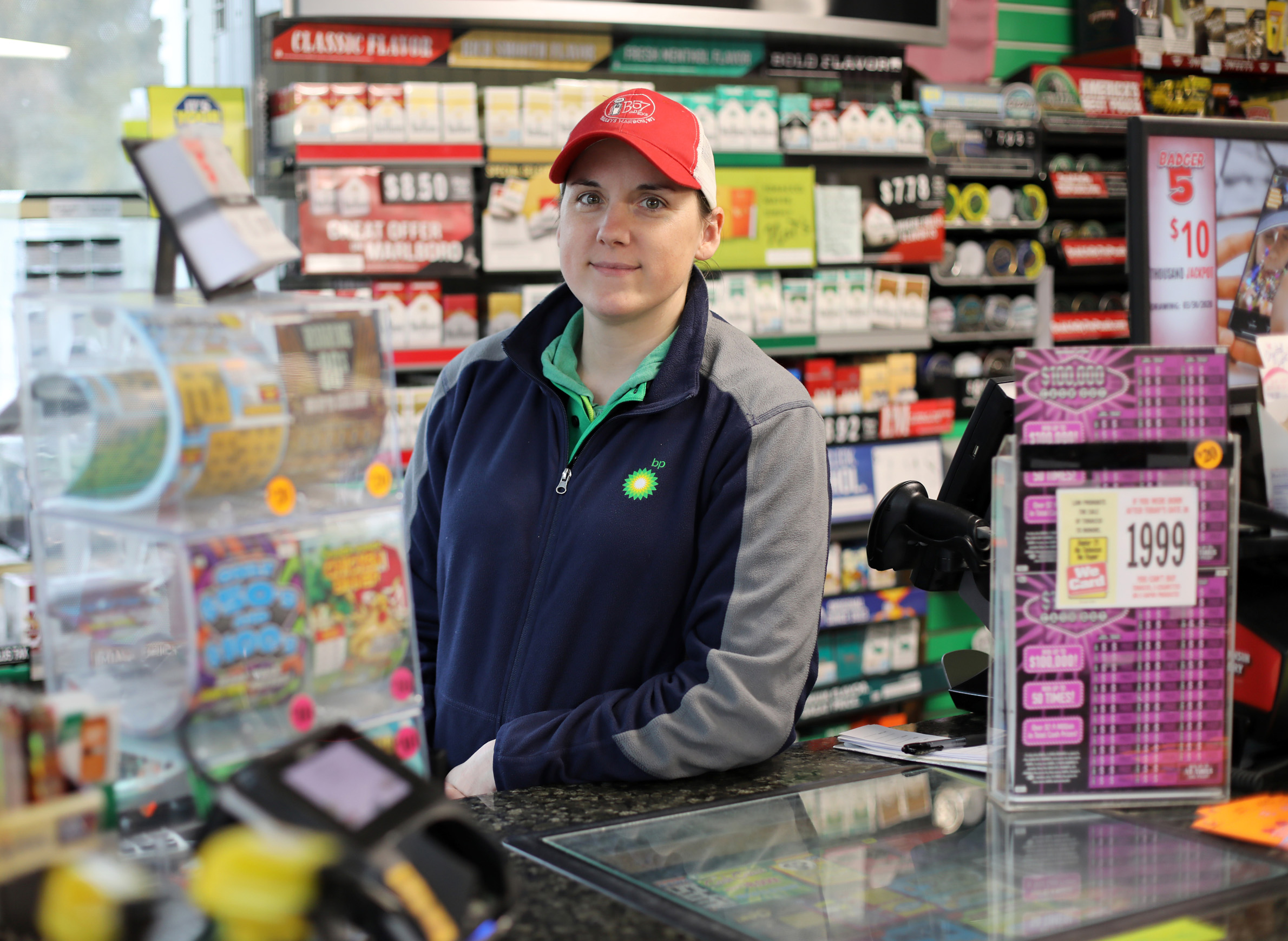
With an elderly population nearly double the statewide average, leaders fear that an outbreak here would be difficult to reel in.
“If something were really to go south here, it could get really bad fast,” said Hoyt Purinton of the Washington Island Ferry line.
Pandemic hits in slow season
For Door County’s economy, there is a silver lining — at least for now.
The closures come during what are normally the slowest weeks of the year in Door County. Many businesses choose to shut down entirely in March and April and won’t see the cash flow impacts immediately. The Door County Tourism Zone collects just 3.3% of its annual room tax revenues in March and April.
“It was a great time, if there is one, to ask people to not take or cancel reservations for 30 days while we got our arms around this,” county board chair Dave Lienau said.
Events in May, like the Door County Half Marathon and Jacksonport Maifest, have already been canceled, but there is hope — albeit fading — that the summer season won’t be entirely lost.
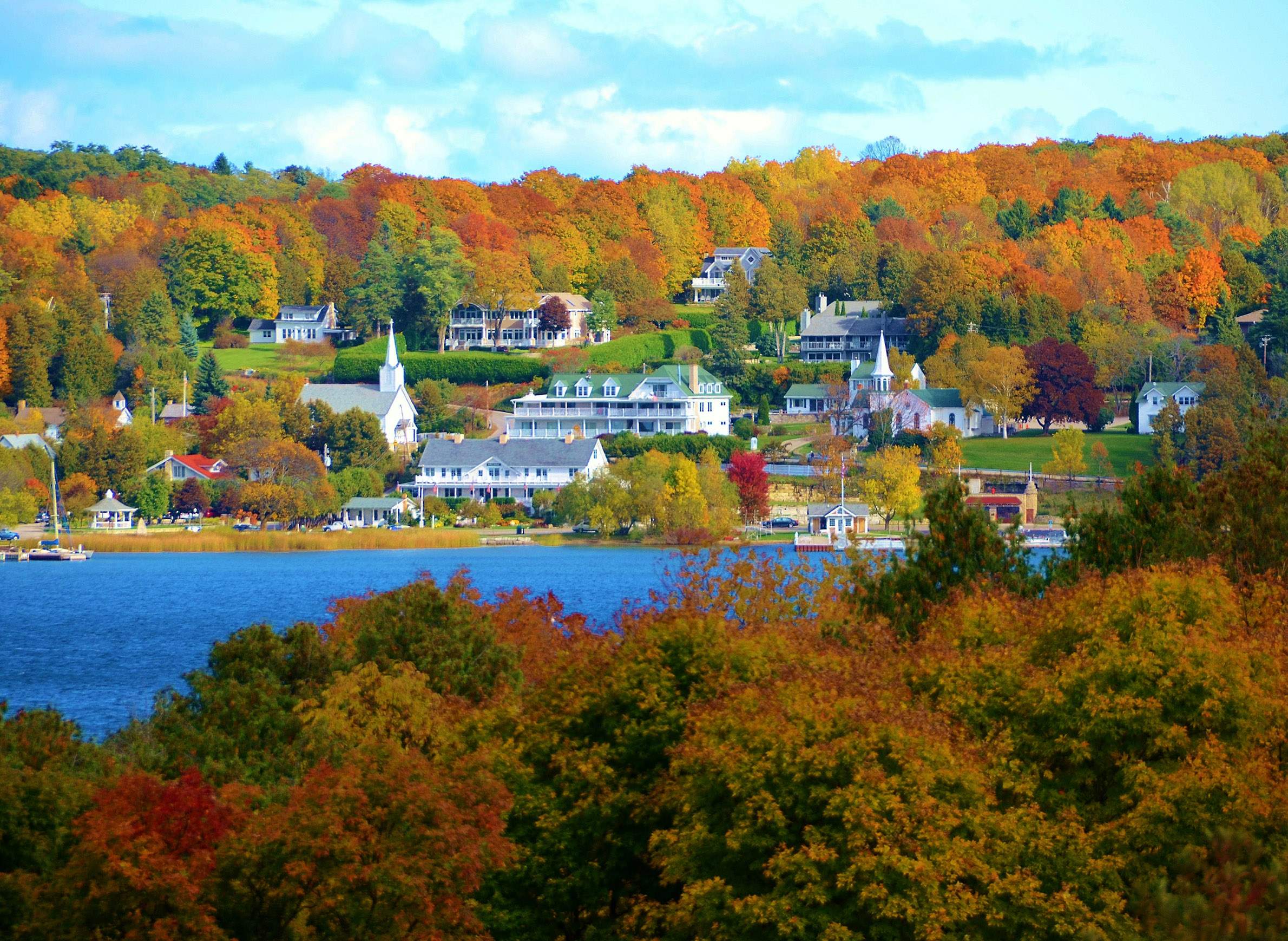
“With schools out, you might have more families coming up in May and June,” said Louise Howson of the Sister Bay Advancement Association, the village’s promotional organization.
Howson and others are hopeful that once the crisis passes, drive-to destinations like Door County will soak up visitors who might otherwise have flown farther afield.
“I think people are going to do whatever they can do to come here once it’s open,” she said. “Where else are they going to go?”
But for now, many want the Door closed.
Wisconsin Watch managing editor Dee J. Hall contributed to this story. Myles Dannhausen Jr. is the editor and co-owner of the Door County Pulse newspaper in Baileys Harbor. The nonprofit Wisconsin Watch collaborates with Wisconsin Public Radio, PBS Wisconsin, other news media and the University of Wisconsin-Madison School of Journalism and Mass Communication. All works created, published, posted or disseminated by Wisconsin Watch do not necessarily reflect the views or opinions of UW-Madison or any of its affiliates.
 Passport
Passport




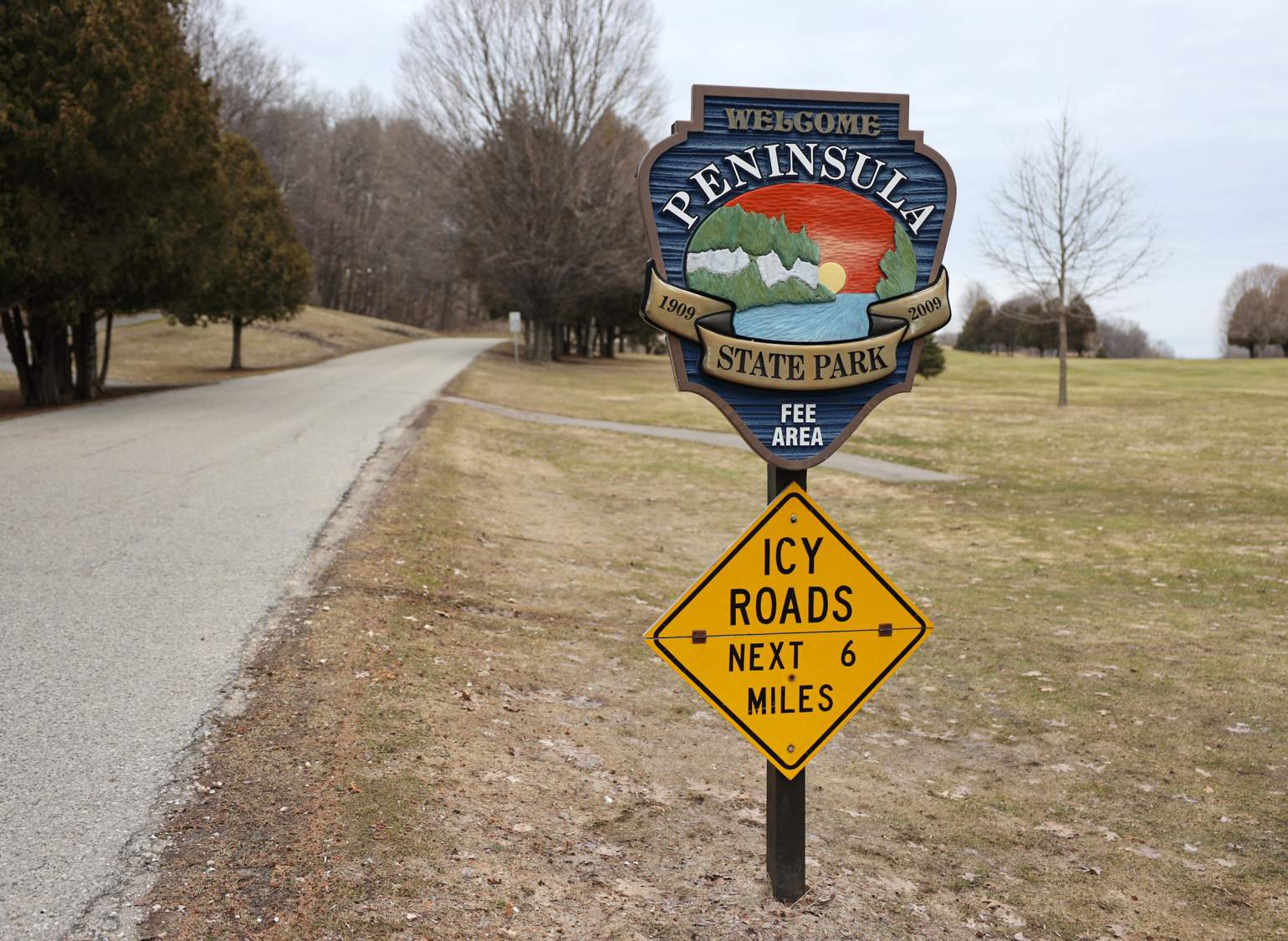
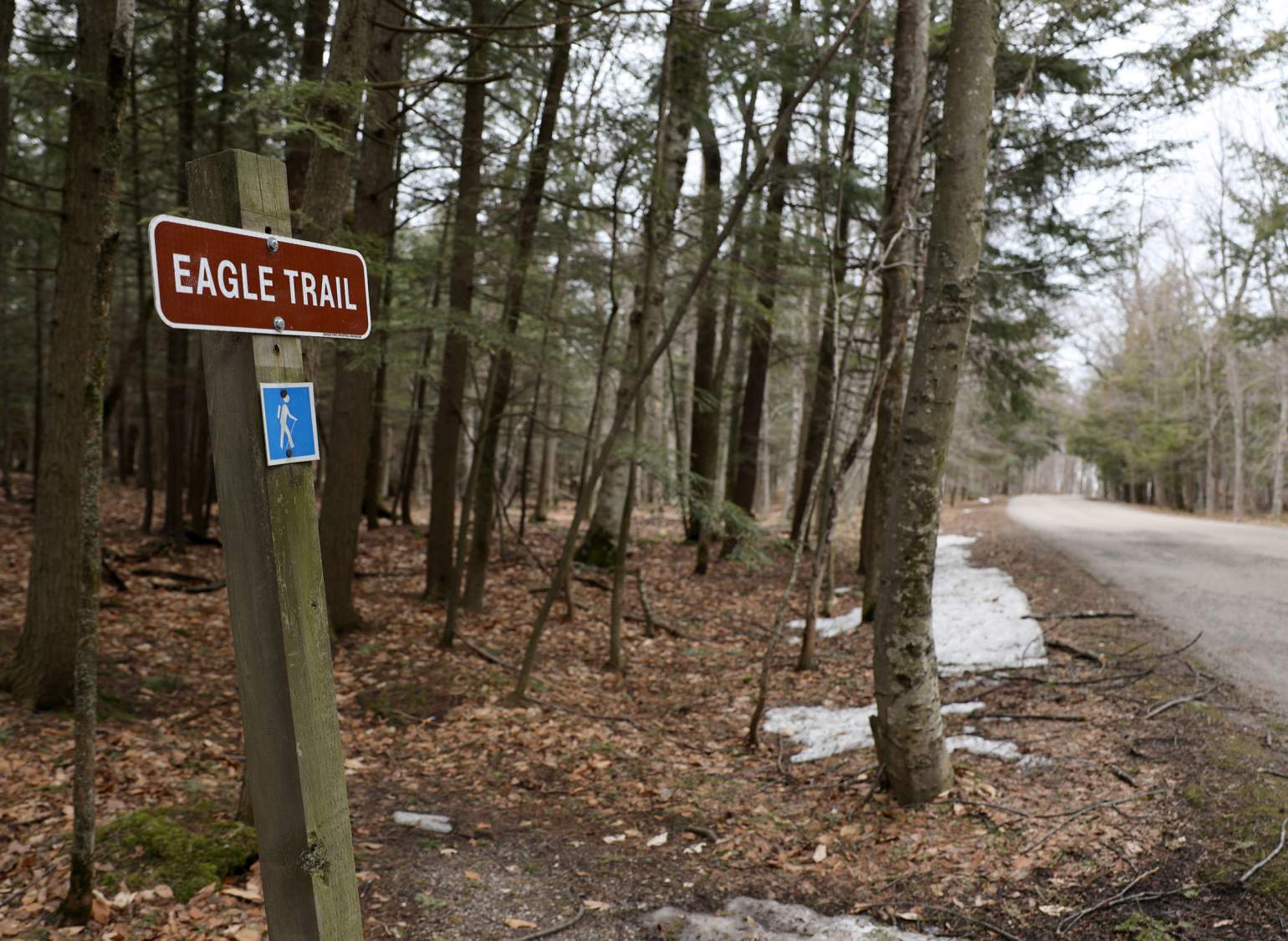
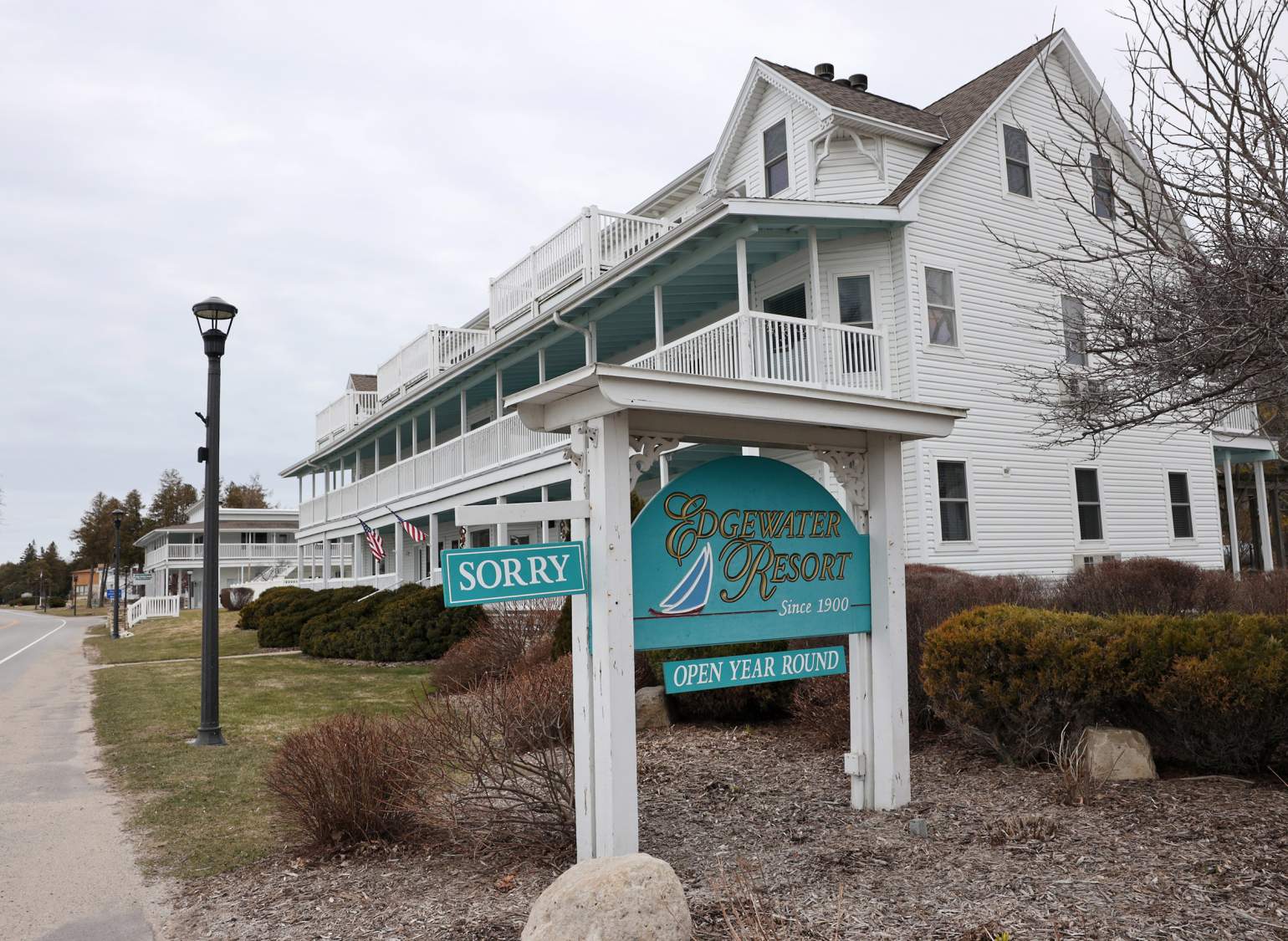
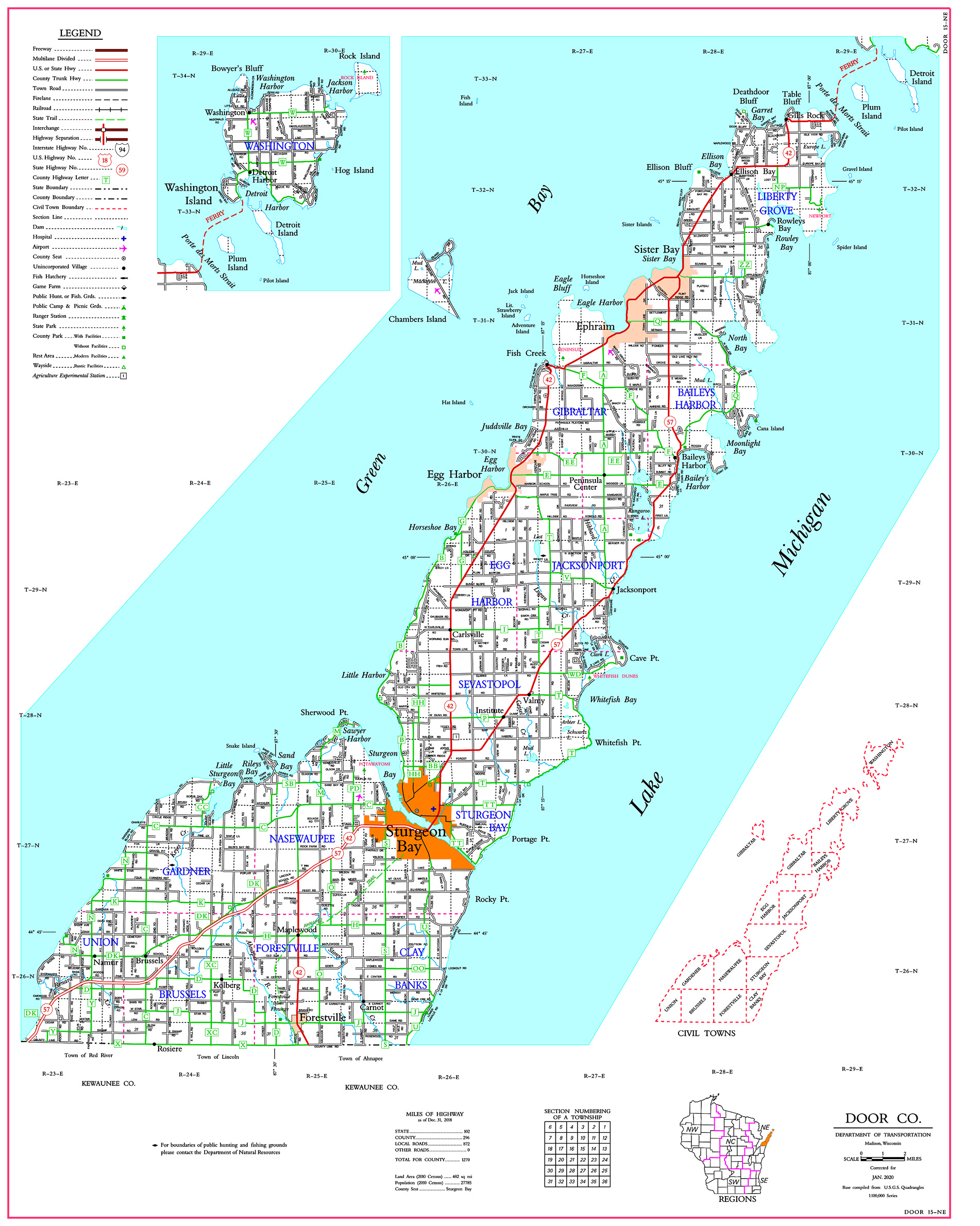
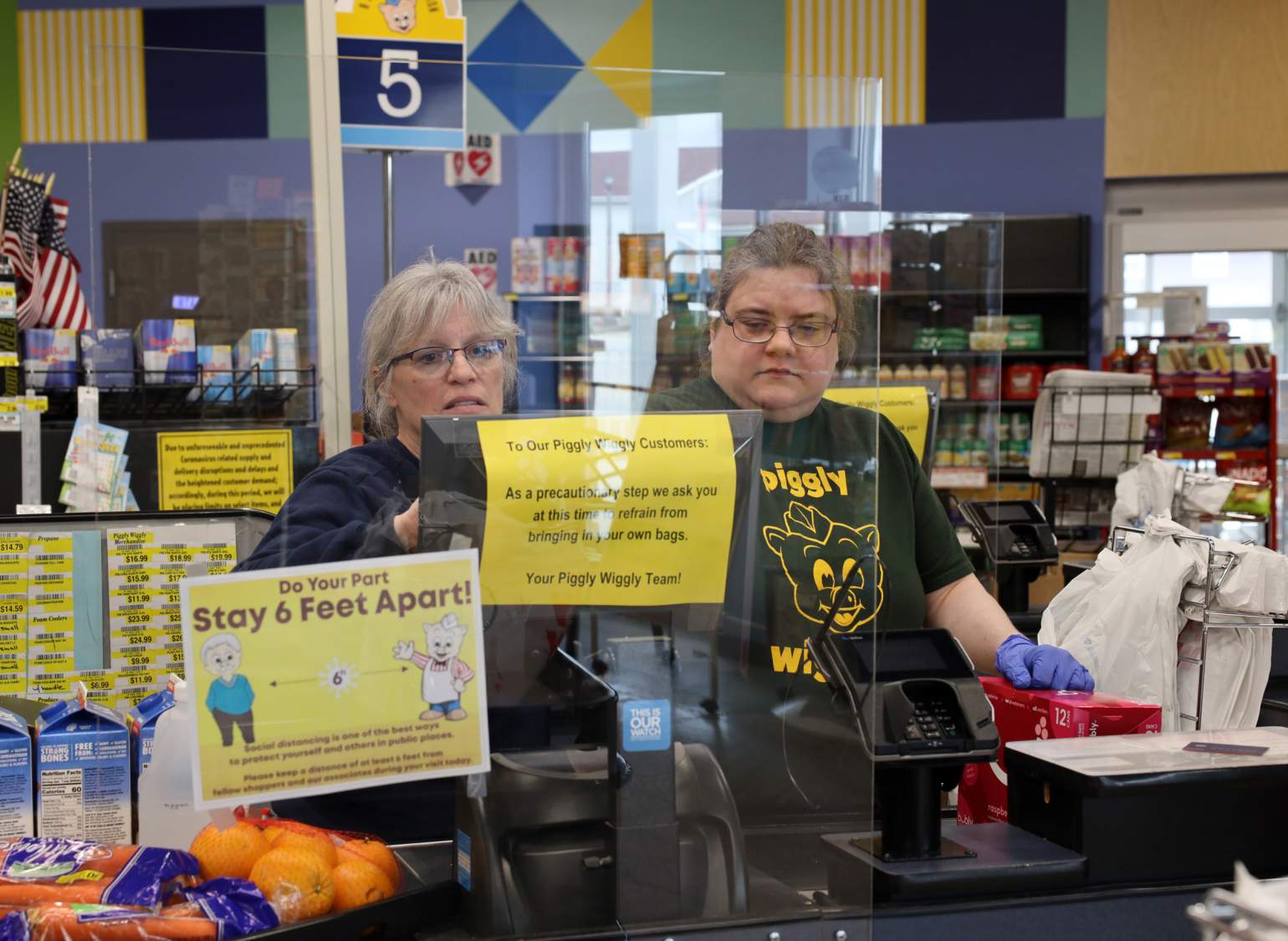
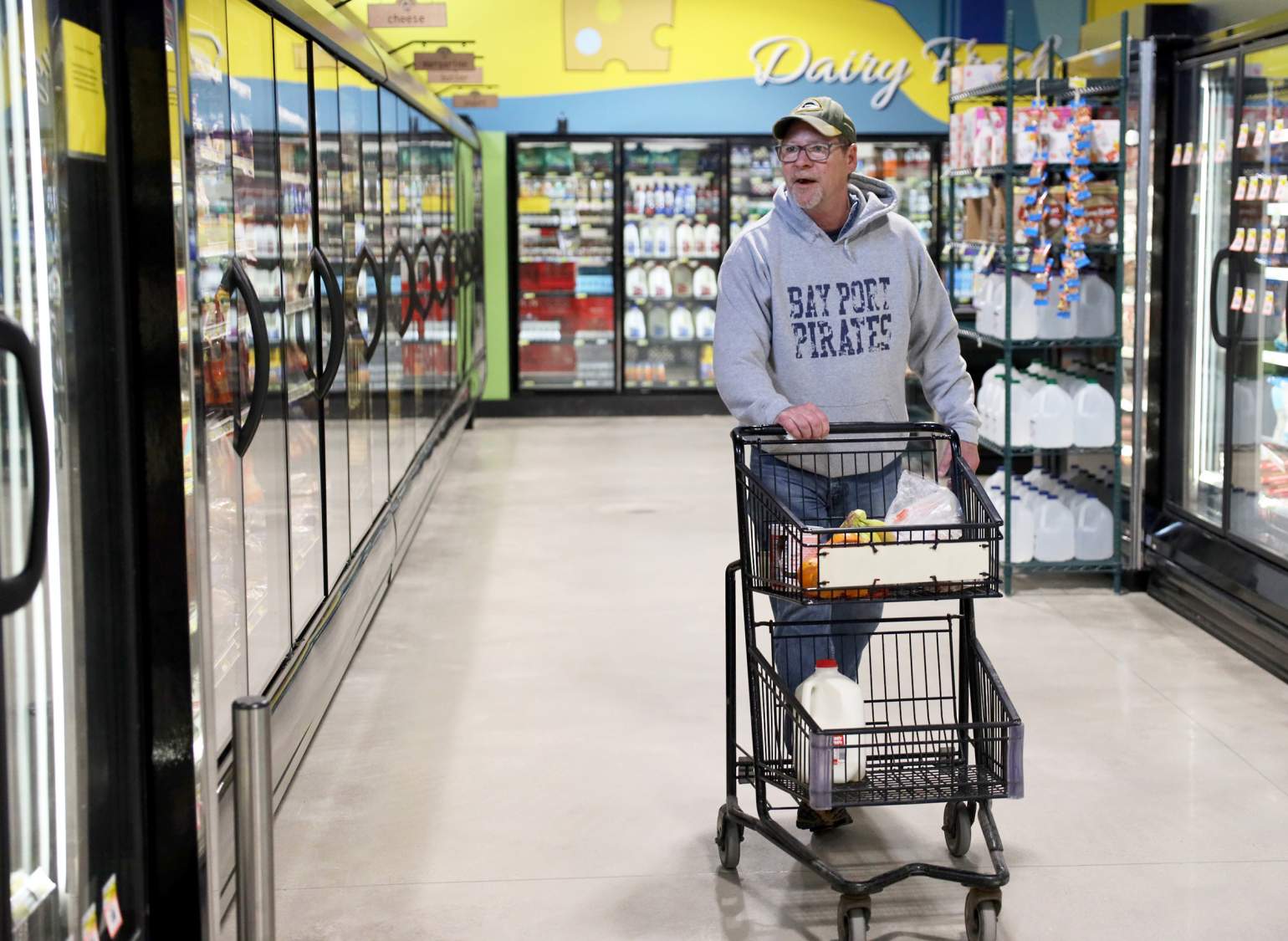
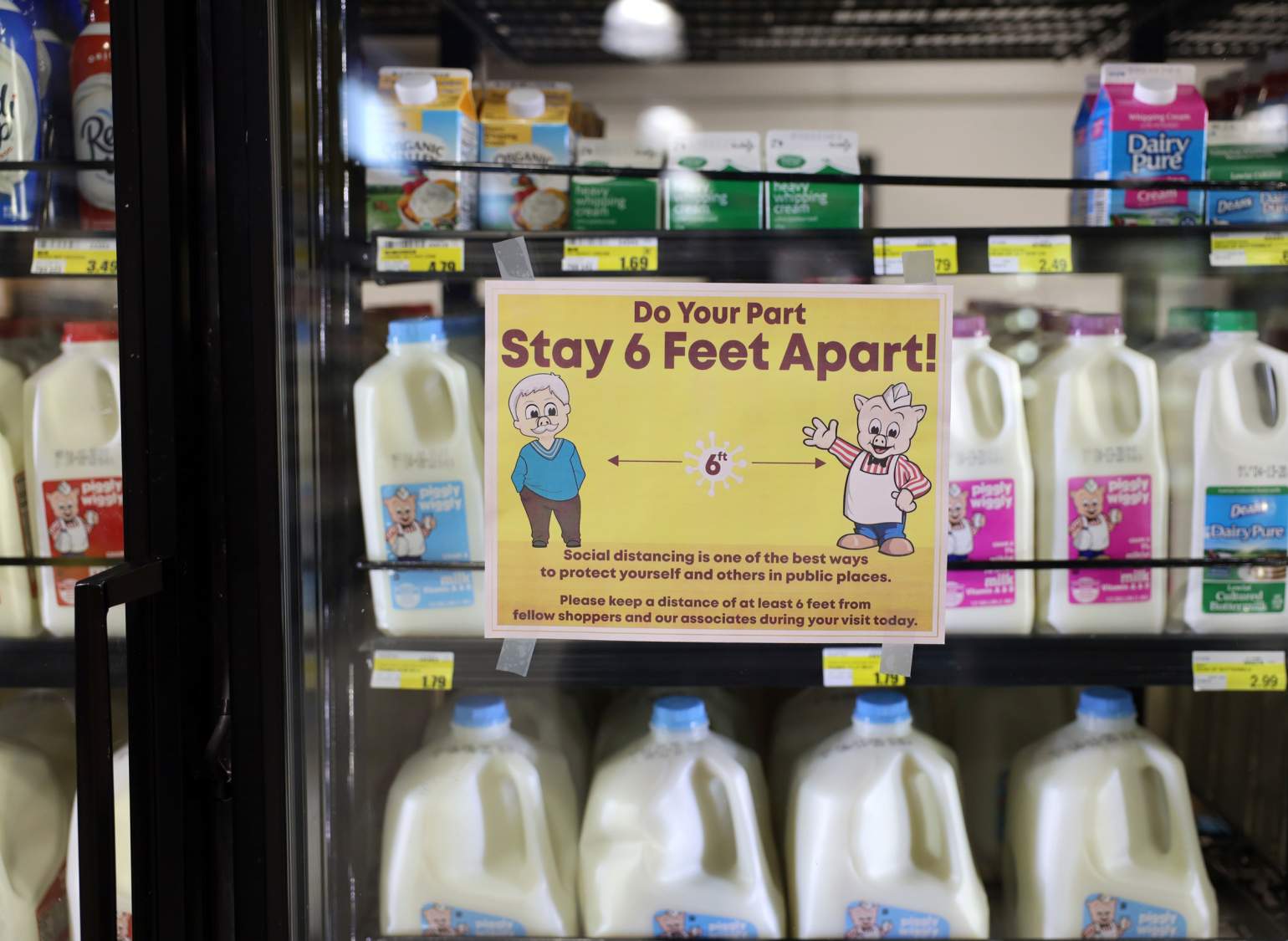
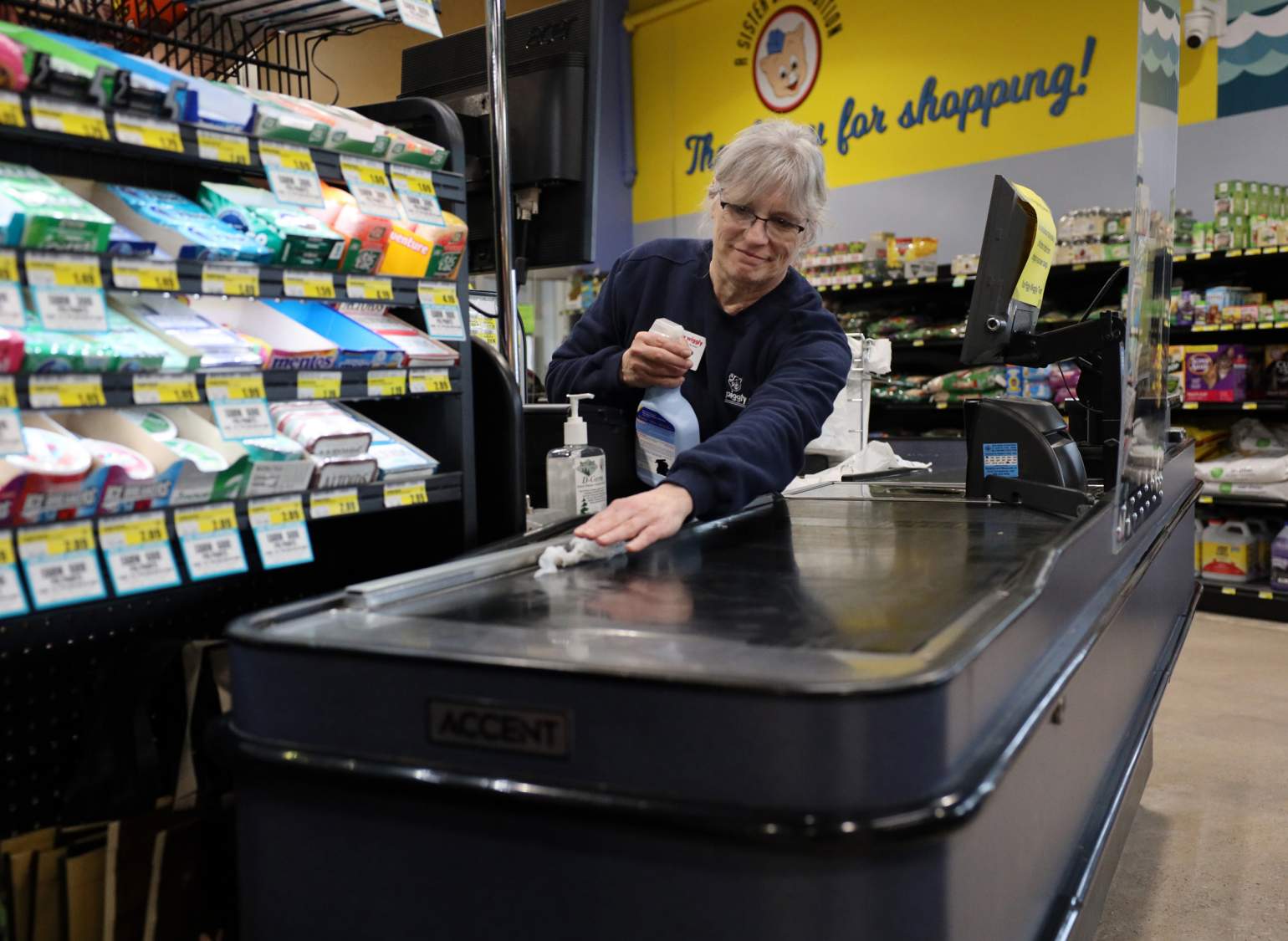
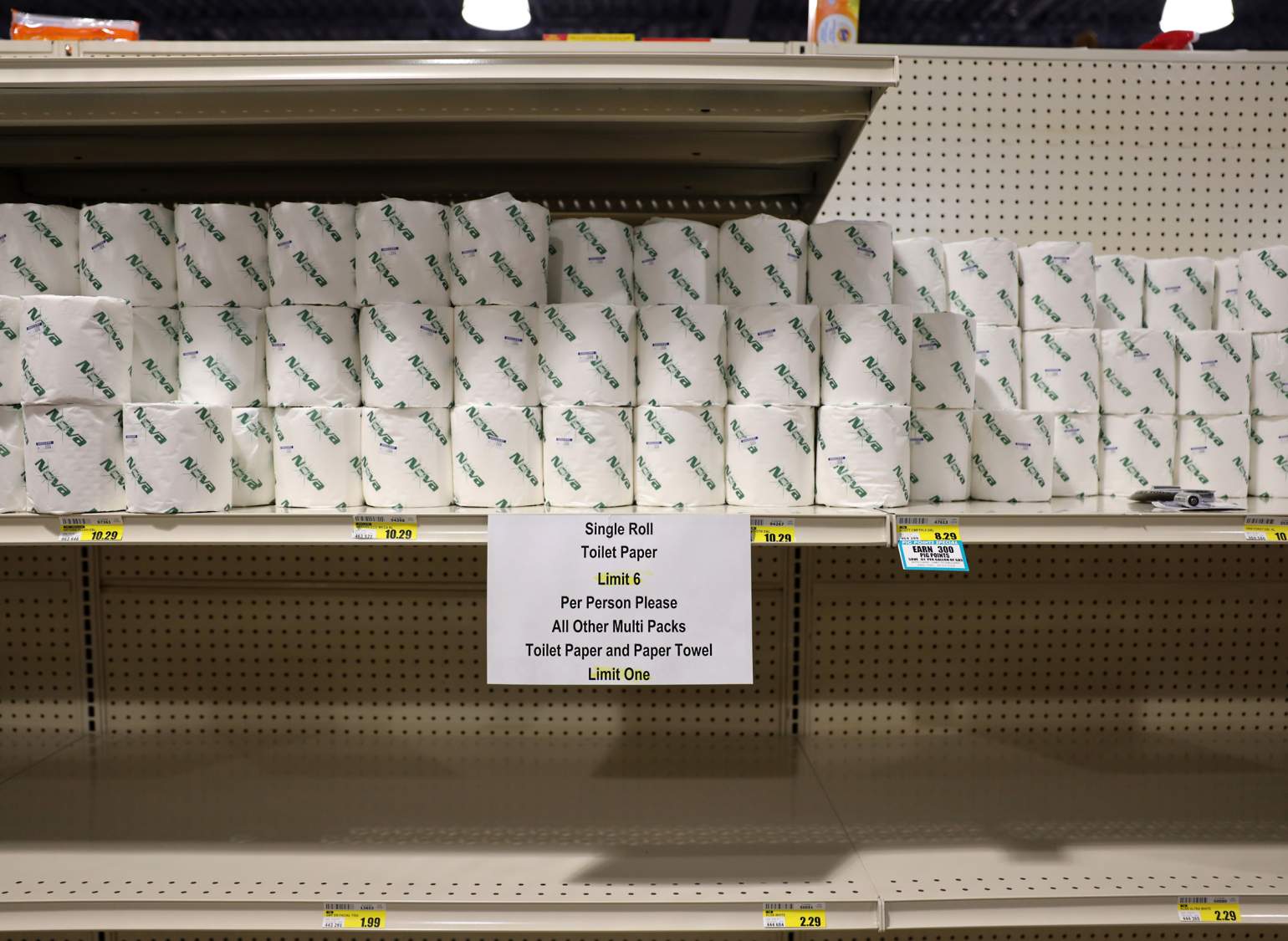





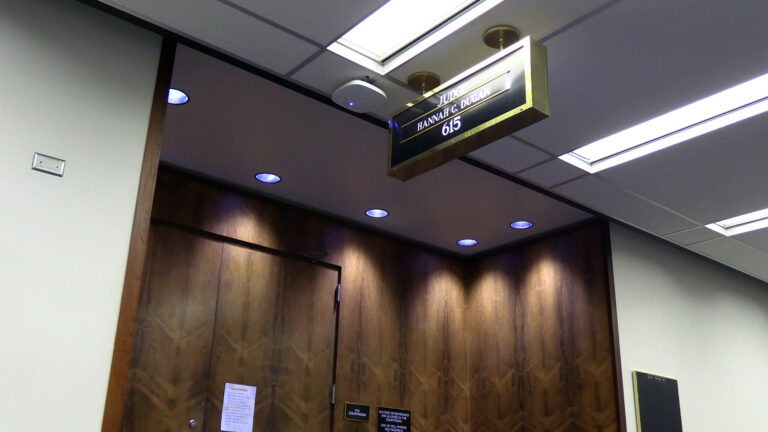

Follow Us